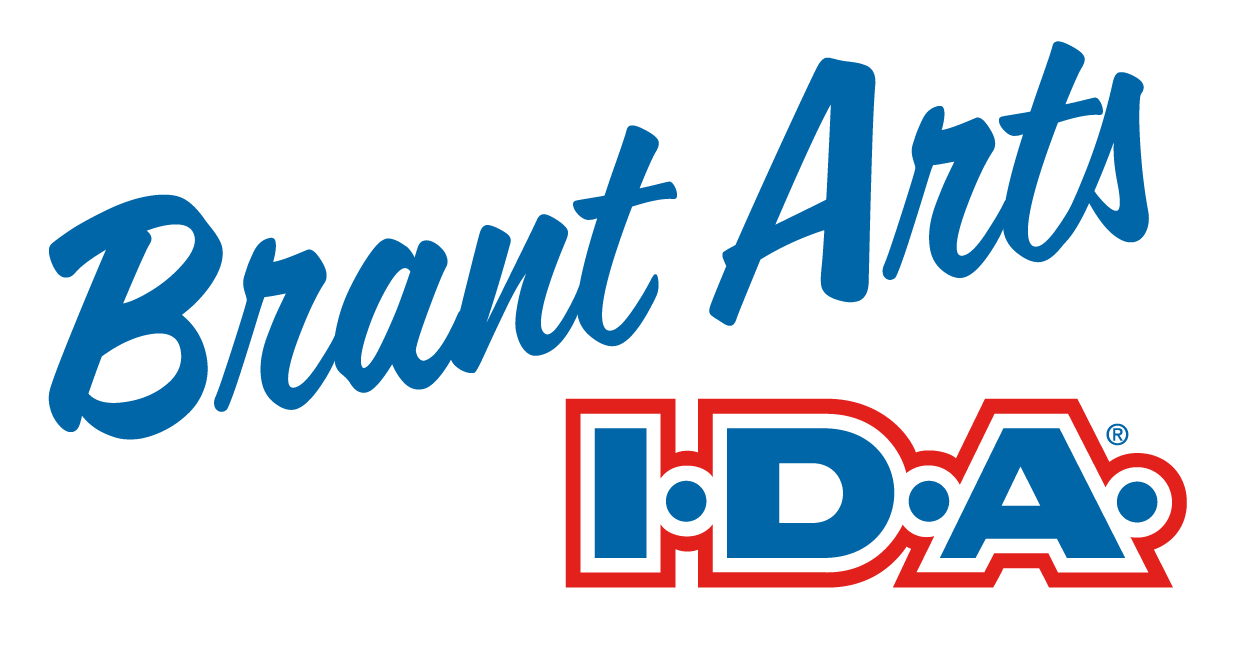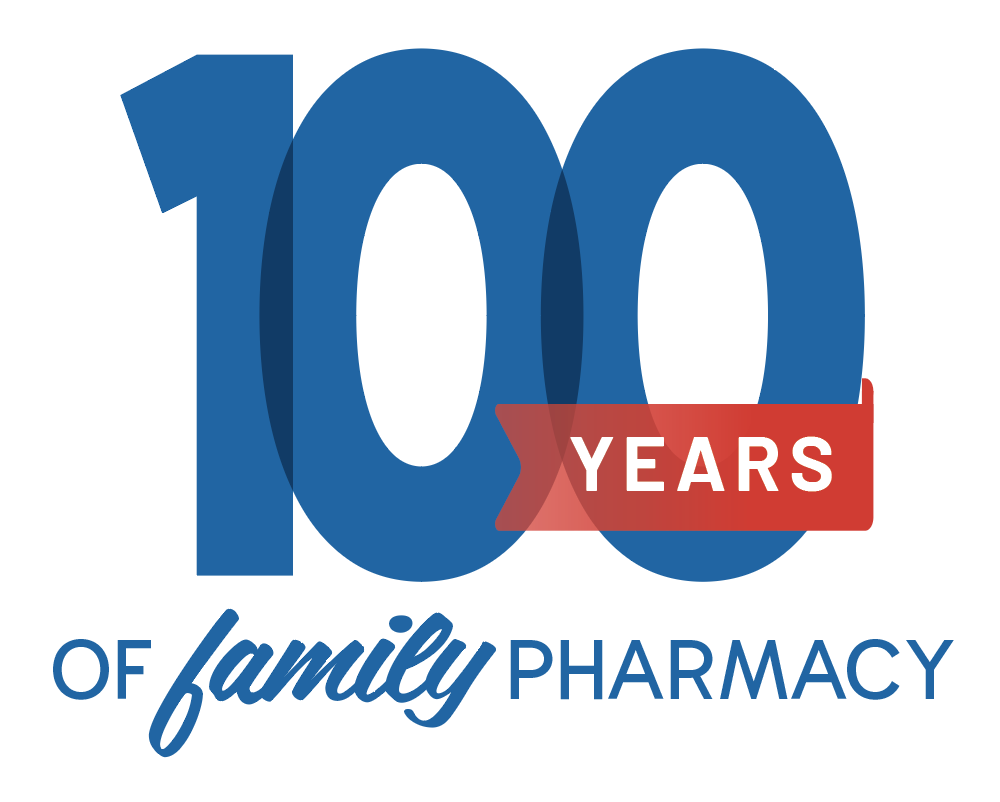Blog
Herbal supplements have been around for as long as humans have inhabited the earth. Of course there have been a lot of changes since the early use of herbal supplements. Modern day supplements are available as tablets with regulated dosages and concentrations. But even with these advances in safety it’s important to be aware of possible interactions that can occur between supplements and prescribed medications.
Here are just a few supplements and possible interactions you should be aware of:
Garlic either raw or extract has the potential to increase the risk of bleeding if it is taken with some medications. These medications include aspirin, warfin and clopidogrel. If you are going to be having surgery you should stop use of this supplement at least two week prior to the appointment.
If you take antidiabetic medications while taking American ginseng it can affect blood glucose levels by causing low blood sugar. If you have problems with glucose control you should avoid ginseng. This supplement should also be discontinued two weeks before any scheduled surgery.
Iron supplements and calcium supplements interact with each other. Calcium supplements and food with calcium will reduce the body’s ability to absorb the iron. If you need to take both, take the calcium supplements several hours before or after the iron supplement. In addition, iron supplements may also decrease the effectiveness of some antibiotics. Ask your pharmacist if you are unsure of any interacts.
Calcium can decrease the effectiveness of some antibiotics, as well as certain osteoporosis medications, and some thyroid medication. To reduce any possible interaction you should take calcium at least four hours apart from other medications.
St. John’s Wort has been known to decrease the effectiveness of some prescribed medications such as: antiretrovirals, anticoagulants, immunosuppressive agents, antifungals, digoxin (a heart medication), narcotics, and hormonal contraceptives. St. John’s Wort should not be used with medications that have an effect on the level of serotonin in the brain. These include some antidepressants and migraine medications. Using St. John’s Wort with these types of medications can increase the risk of serotonin syndrome. This is a potentially life-threatening condition.
Green tea and caffeine supplements can also have interactions with certain medications. Green tea should not be used with nadolol. Patients who have been prescribed lithium need to have their blood levels monitored if they also consume caffeine or caffeine supplements.
Vitamin E should be avoided by those who have a history of stroke as this combination can be life-threatening. Vitamin E can also enhance the anti-clotting effects of blood thinners, which can in turn increase the risk of bruising and bleeding.
It’s always important to let your doctor know about any and all supplements that you may be taking. You should also let your pharmacist know as well. Both your doctor and pharmacist can ensure that your prescribed medication will not interact adversely with the herbal supplements that you are taking. This will ensure that your prescribed medication will work effectively for you. Should you have any concerns or questions, Brant Arts I.D.A. is here to help!

